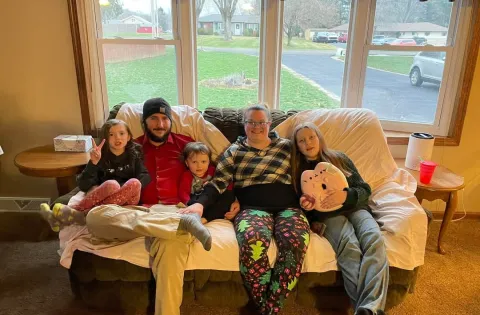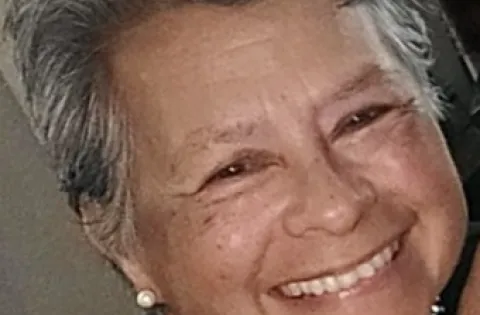As part of our commitment to diversity, equity and inclusion, and its importance in ending childhood hunger, we’re highlighting individuals of color who have fought to feed kids across America. Their stories are part of a movement that for years has recognized the direct relationship between systemic racism and hunger among kids. We hope their stories inspire people to recognize the disproportionate impact on communities of color.
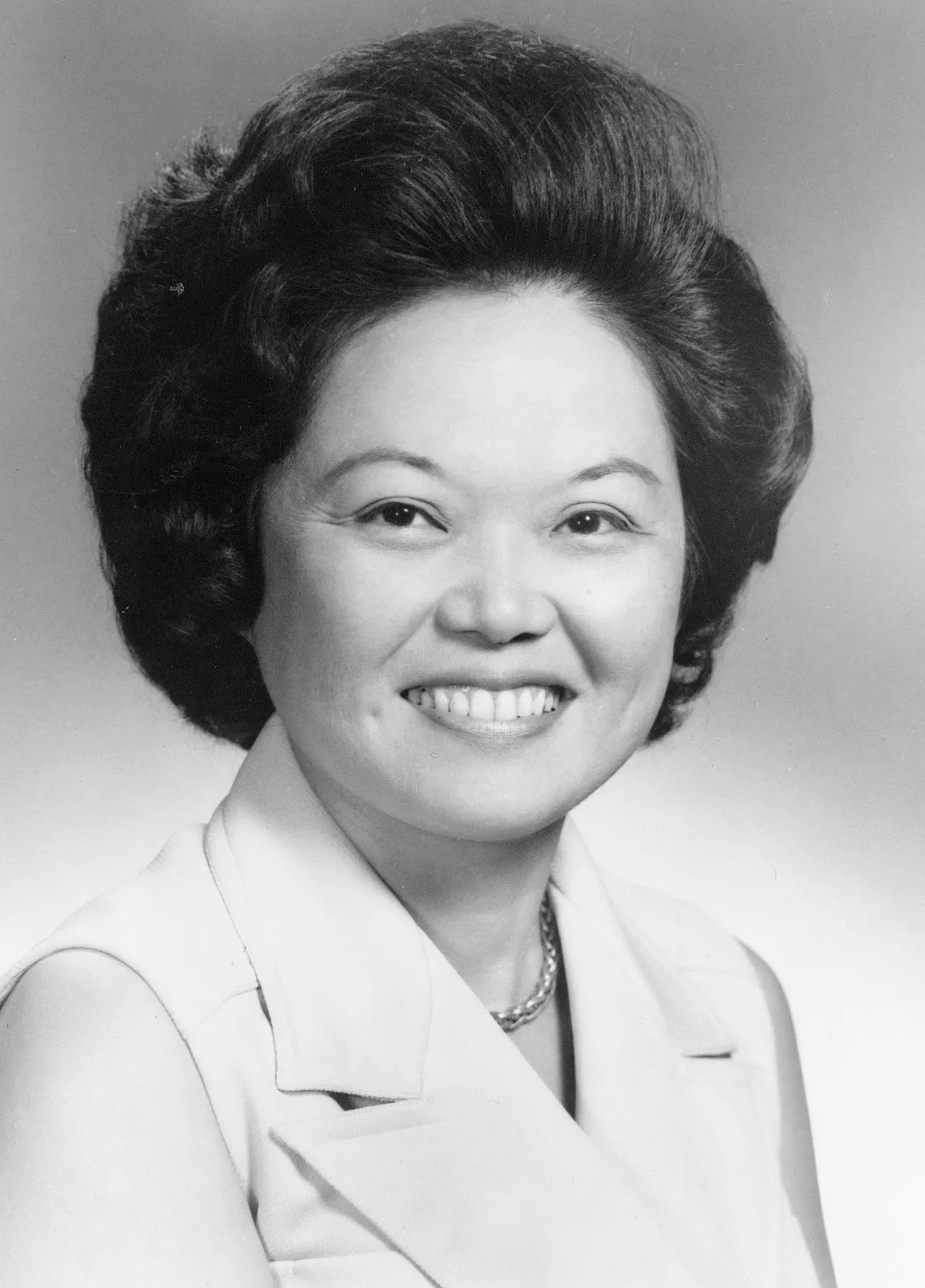
Patsy Mink was the first woman of color elected to the U.S. House of Representatives and the first Asian American woman to serve in Congress. During her time in office, she fought for gender and racial equity, and affordable childcare, introducing notable bills like Title IX, the Early Childhood Education Act and the Women’s Educational Equality Act.
Title IX in particular protects people from discrimination based on sex in education programs or activities that receive federal financial assistance, which includes feeding programs for kids.
“We must assure that schools all across this country implement and integrate into their curriculum, policies, goals, programs, activities, and initiatives to achieve education equity for women and girls,” Mink said of Title IX.
Growing up in Hawaii after World War II, Mink experienced gender and racial discrimination herself. She attended the University of Nebraska where she experienced and successfully fought segregated student housing.
Mink couldn’t achieve her dream of becoming a doctor because the 12 medical schools she applied to would not admit a woman—much less an Asian American woman. She decided to study law instead and dedicate her life to fighting gender and racial discrimination.
Again she encountered roadblocks when attempting to take the bar exam in her home state. A law removed her Hawaiian residence based on her marriage. She fought back and became the first Asian American to be admitted into the Hawaii bar.
Mink was unable to find a job because of gender discrimination and her interracial marriage. She opened her own law firm instead taking gender-related cases.
As soon as Hawaii became a state in 1959, she decided to run for congress, and became elected in 1964, beginning her fight in defense of the rights of women and girls.
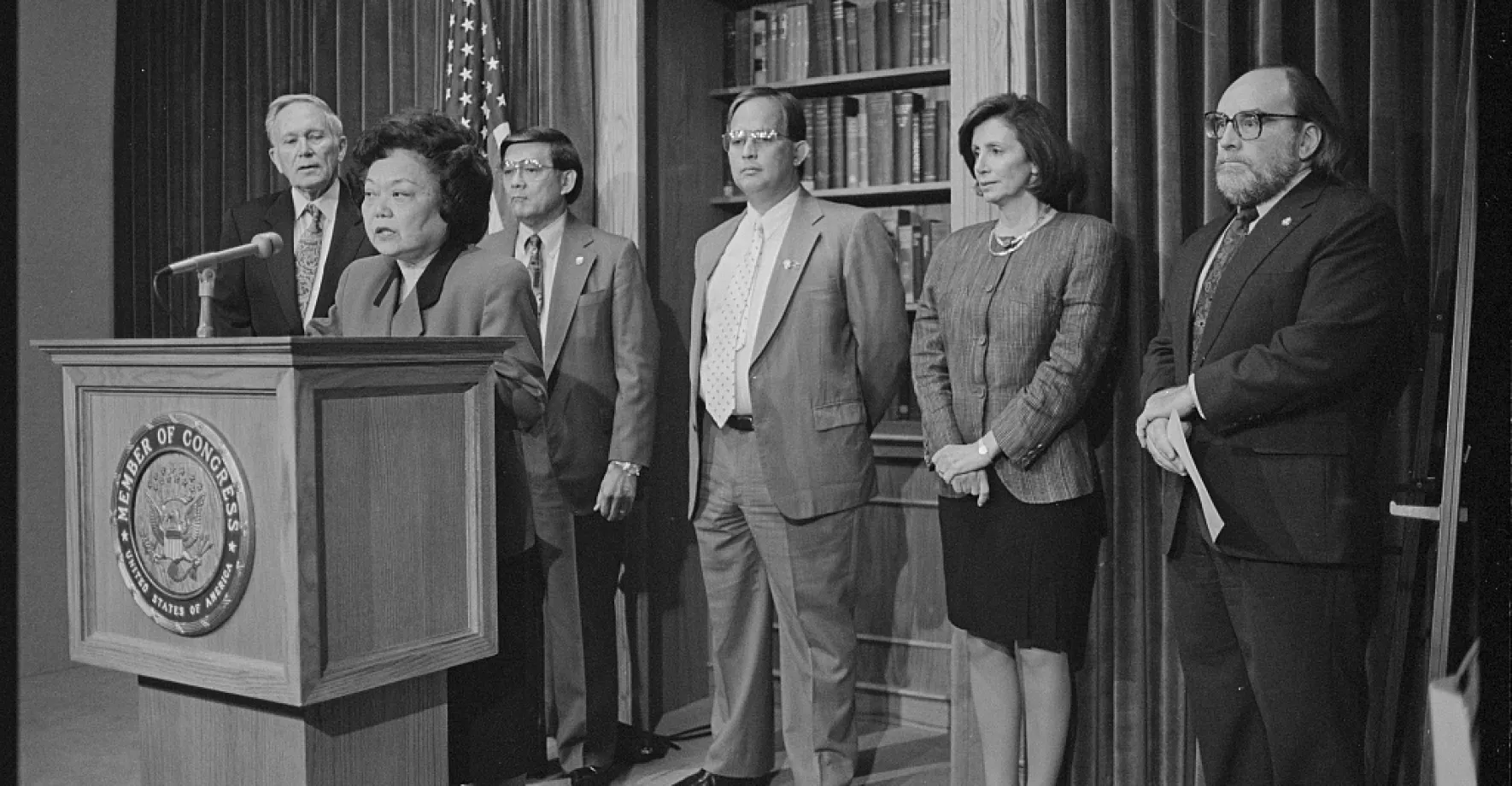
“We have to build things that we want to see accomplished, in life and in our country, based on our own personal experiences to make sure that others do not have to suffer the same discrimination,” she shared about her motivation to serve women.
Mink stayed in office through the 1990’s, forming the Congressional Asian Pacific American Caucus and co-chairing the Democratic Women’s Caucus. She passed away in 2002.
“Every girl in Little League, every woman playing college sports, and every parent -– including Michelle and myself -– who watches their daughter on a field or in the classroom is forever grateful to the late Patsy Takemoto Mink,” said former President Barack Obama, conferring Mink a posthumous Presidential Medal of Freedom.
Mink’s legacy has been essential to the fight to end childhood hunger.
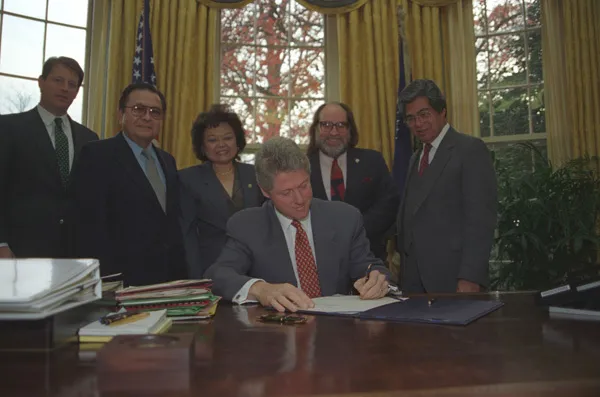
Schools are a key avenue through which kids access food. Mink helped make schools a more equitable and safe place for all students, regardless of gender.
Today women in the U.S. experience higher rates of food insecurity compared to men and a large number of children live in a single-mother household. The pandemic has disproportionately affected women of color who are single mothers.
Patsy Mink’s work continues today. Join us to help feed hungry kids nationwide, and stay tuned for more stories of Asian Americans, Black and brown individuals fighting childhood hunger.

